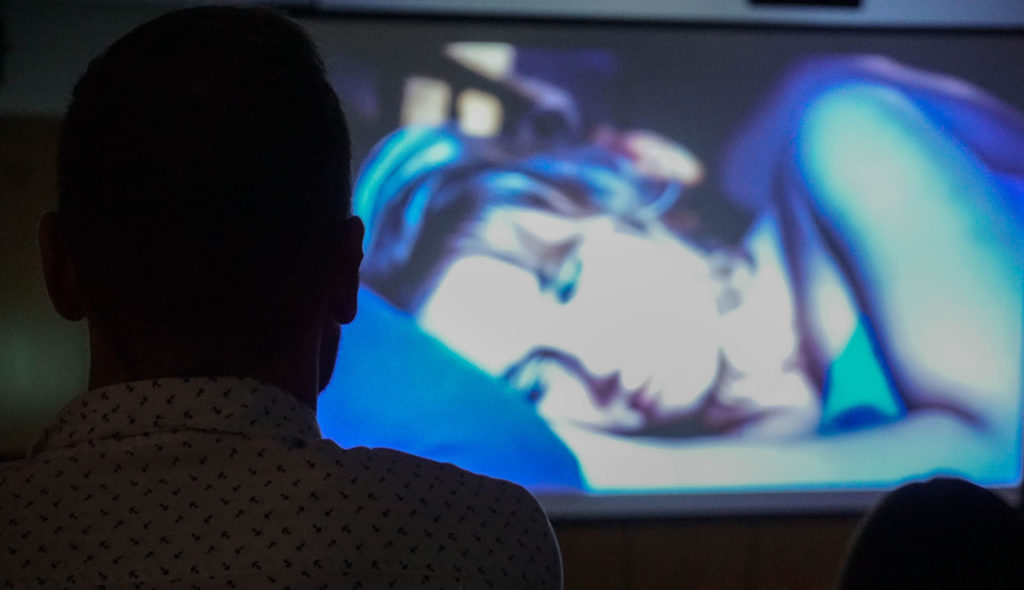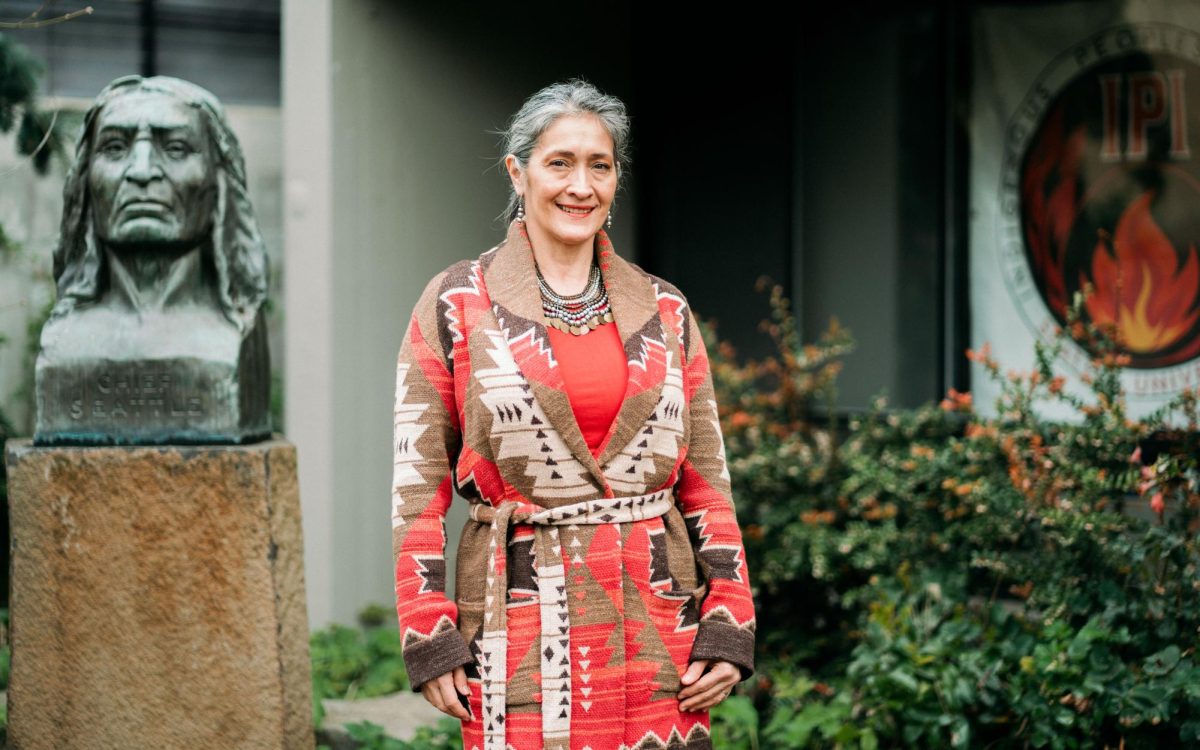In a tweet two weeks ago, actress Alyssa Milano wrote, “Suggested by a friend: If all the women who have been sexually harassed or assaulted wrote ‘Me too’ as a status, we might give people a sense of the magnitude of the problem. If you’ve been sexually harassed or assaulted write ‘me too’ as a reply to this tweet.”
On Oct. 15, Milano resurfaced the hashtag #MeToo. The #MeToo movement originally started 10 years prior to Milano’s tweet by activist Tarana Burke. The movement Burke created was intended to provide support and resources for younger women of color who were survivors of sexual abuse and assault. When the hashtag started trending after Milano tweeted, Burke’s #MeToo movement shifted.
Burke was intentional in focusing her efforts towards empowering a certain group of women through the movement, and on Oct. 15, her efforts expanded. The movement invited people of all ages who had experienced sexual abuse and sexual assault to come forward and stand with others who have lived through it.
In order to work towards bringing about a solution, Seattle University’s Wellness and Health Promotions Center held an Escalation Workshop on Oct. 24. Based on the American College Health Association National College Health Assessment taken every two years at Seattle U, they saw a need for action to be taken at the school.

SU Students watched the movie, Escalation, and discussed the nuances of dating violence.
It found that in 2015, 8.7 percent of the student population at Seattle U experienced emotional abuse. In the survey from 2017, it found that 10.3 percent of students have experienced emotional abuse, and 1.8 percent of the student population experienced physical abuse, which is a 0.1 percent increase from 2015.
Izzy Wroblewski, the program coordinator for Healthy Relationships, explained the purpose of the event was to start a conversation and educate students about this issue.
“We thought that it was important to have an opportunity for students to be able to be educated, especially when we see those instances on our campus are increasing surrounding this,” Wroblewski said. “That’s why we are trying to do work to combat that, and hopefully in the next few years, we’re able to bring those numbers down through education, through bystander intervention and through getting the word out to students that this is something important.”
To be an effective ally to those who have experienced sexual abuse and assault, whether it be in person or through a social media campaign, Wroblewski recommended just being supportive of those who come forward.
“Remember that those who come forward about this have so much strength and have probably been thinking about it for months or years,” Wroblewski said. “The most important thing to say is ‘I believe you,’ the second is ‘I support you,’ the third is ‘It’s not your fault’ and the last is ‘How can I help?’”she said.
Some students have seen their loved ones participate in the #MeToo movement on social media. Connor Torres, a second-year student, said seeing the monumental number of hashtags was extremely sad, disgusting and heartbreaking.
“To see my friends and teachers who I’ve been really close with use the hashtag, made it hard for me to move past seeing that,” Torres said. “I think of them differently, I think of them as much stronger women, much stronger individuals. They were always strong women in my mind, but since seeing that and how they could move forward from that, [it] gives me a brand-new respect for them.”
Second-year student Josh Wu thought that the #MeToo campaign was effective in bringing people out to talk about their experiences, but criticized that the campaign didn’t do a good job in bringing about a solution.
“You have to go that step further,” Wu said. “You can’t just bring awareness to a problem and expect it to be solved.”
In response to #MeToo, Australian writer Benjamin Law challenged men with a tweet.
“Guys, it’s our turn,” Law wrote. “After yesterday’s endless #MeToo stories of women being abused, assaulted and harassed, today we say #HowIWillChange.”
“It’s sad that we have to even use a hashtag to say, ‘How I will change.’ We should be thinking ‘How can I be different?’ regardless of this huge scandal,” Torres said. “I’ve been surrounded by very strong women, and because of that, I’ve been taught to respect them. I hope to change by talking about it more and sharing my values with others. It’s important to be kind and it’s not hard to be kind. It’s easy to be a decent person.”
Hunter may be reached at
[email protected]











